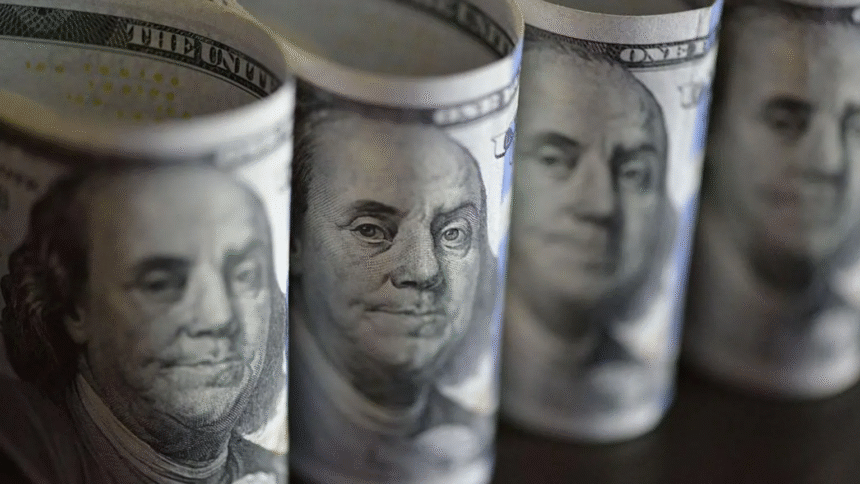The Ghana cedi has seen a significant depreciation, crossing the GH¢11 mark against the US dollar, as reported by various commercial banks. While some banks are selling the dollar at GH¢11.30, others are quoting GH¢11.00. The official rate from the Bank of Ghana stands at GH¢10.90, with forex bureaus selling at around GH¢12.20.
Despite the recent pressures on the cedi, a report from Databank Research highlights that the Ghanaian currency remains Africa’s best-performing against the dollar, appreciating by about 36% year-to-date. However, this is a decrease from the over 40% appreciation earlier in August.
The current pressure on the cedi is attributed to limited dollar supply from the Bank of Ghana coupled with strong demand. Businesses are seeking dollars to finance Christmas imports, while others are buying in anticipation of future scarcity. Data shows that the central bank has reduced supply through its forex auctions, with commercial banks demanding over $300 million but only receiving $100 million earlier this month.
IC Securities reported a 53.6% decrease in forward sales in July compared to June, with the Bank of Ghana absent from the market on specific dates. The Ghana Association of Banks, represented by Chief Executive John Awuah, is collaborating with the central bank to address supply challenges and support recent regulatory measures aimed at promoting the cedi as the preferred transaction currency.
The Bank of Ghana has acknowledged the recent pressure on the cedi but denies claims of a dollar shortage. Officials state that some demand is speculative or not linked to genuine business needs. The central bank asserts that it has sufficient reserves and will intervene strategically, guided by data rather than sentiment. It has also ruled out directly fixing the exchange rate, emphasizing that fluctuations are normal as long as they remain controlled.
New measures, including a crackdown on remittance inflow leakages, are showing positive results following sharp declines in April. The Bank of Ghana remains committed to maintaining stability in the foreign exchange market and ensuring the cedi’s resilience against external pressures.








